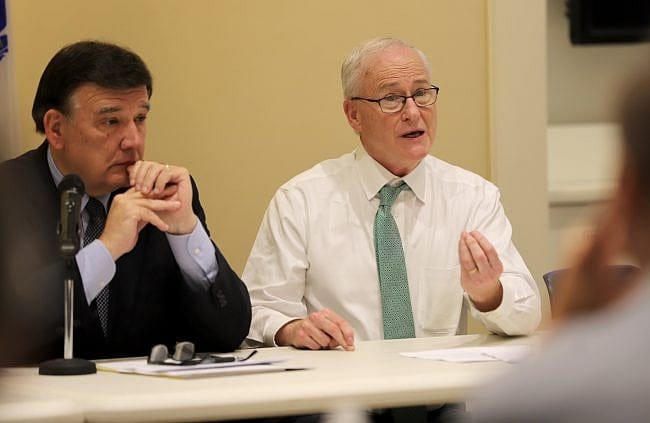Time To ‘Radically Increase’ Electric Cars in Massachusetts, Senate Climate Change Committee Member Says

Massachusetts Energy and Environmental Affairs Secretary Kathleen Theoharides told a Senate oversight committee Monday it could expect the early framework for a multi-state pact to reduce carbon emissions from transportation sources by early October, ahead of a legislative summit at Yale.
The update came during a tense hearing where Democratic state Senator Michael Barrett, of Lexington, complained about the administration's "infatuation with planning" and state Senator Marc Pacheco (D-Taunton) urged Governor Charlie Baker to use his position to push for more aggressive climate action.

